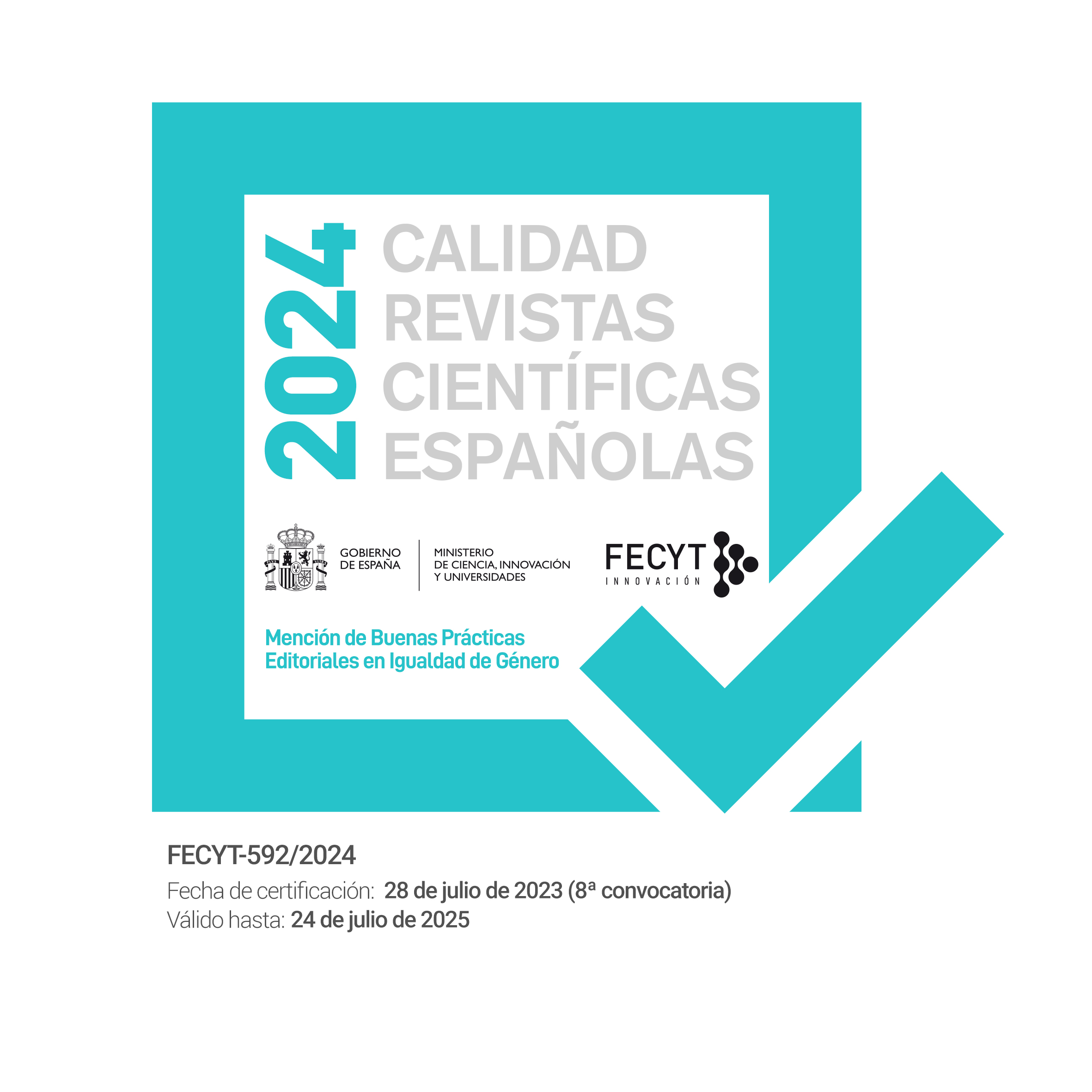Contribution of secularism and discrimination law to the protection of religious pluralism: the French experience
Abstract
In public debate and in the media, French secularism is often understood as a straightforward principle that not only prescribes the separation of Church and State and the neutrality of the State but also, by extension, a ban on all religious expression within the State institutions or more generally in public. This ideological point of view is nonetheless without any legal foundation in France. This paper aims at demonstrating that the genuine rationale and objective of French secularism consist for the State to treat all religions equally. It may even lead, to a certain extent, to the funding and the accommodation of religious needs, in order to guarantee individual and collective expression of religious beliefs. Moreover, non-discrimination law has also become a suitable legal tool to fostering religious pluralism in France.
Published online: 11 December 2017
Downloads
Deusto Journal of Human Rights / Revista Deusto de Derechos Humanos is an Open Access journal; which means that it is free for full and immediate access, reading, search, download, distribution, and reuse in any medium only for non-commercial purposes and in accordance with any applicable copyright legislation, without prior permission from the copyright holder (University of Deusto) or the author; provided the original work and publication source are properly cited (Issue number, year, pages and DOI if applicable) and any changes to the original are clearly indicated. Any other use of its content in any medium or format, now known or developed in the future, requires prior written permission of the copyright holder.



3.jpg)
3.jpg)
3.jpg)
.jpg)








